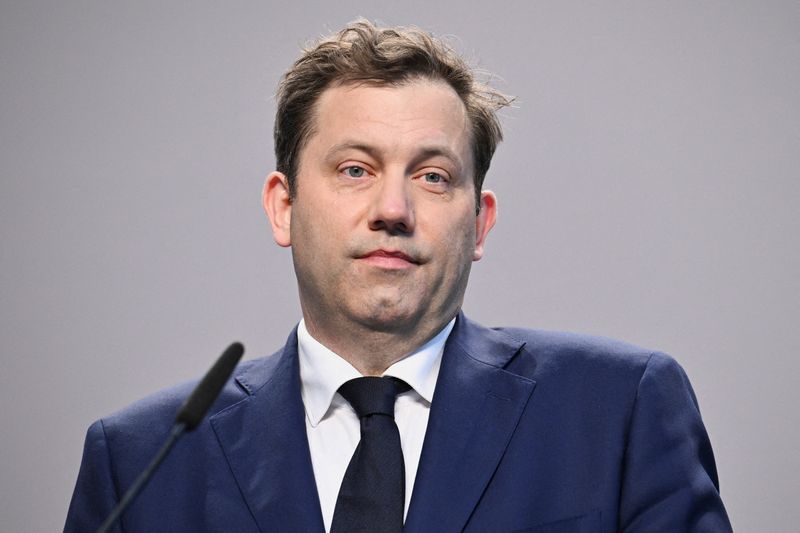Defense Budget Boost: Germany's Finance Minister Signals Aggressive Military Spending Shift

In a pivotal moment for Germany's political landscape, Lars Klingbeil is set to take on the dual roles of vice chancellor and finance minister, bringing a unique background to these critical positions. Despite being a seasoned Social Democrat with over 15 years of parliamentary experience, Klingbeil's expertise has traditionally been rooted in defense rather than financial policy.
At 47 years old, Klingbeil now finds himself at the helm of Germany's financial strategy, tasked with managing a significant shift in national defense spending. This transformation comes in response to mounting pressure from the United States and the ongoing conflict in Ukraine, which has prompted Germany to reconsider its long-standing borrowing restrictions.
The outgoing government's landmark decision to remove military investments from traditional borrowing caps represents a dramatic pivot in Germany's fiscal and defense approach. Klingbeil will be the key architect implementing this strategic change, bridging his deep defense knowledge with newfound financial responsibilities.
As he steps into this pivotal role, all eyes are on how this defense-oriented politician will navigate the complex world of national finance while simultaneously overseeing a substantial expansion of Germany's military capabilities.
